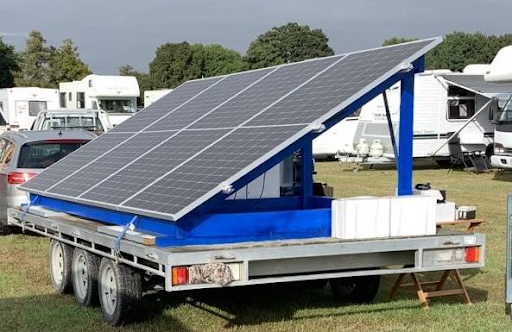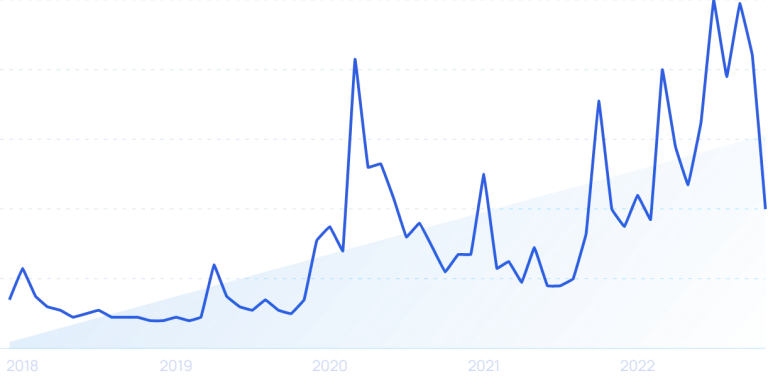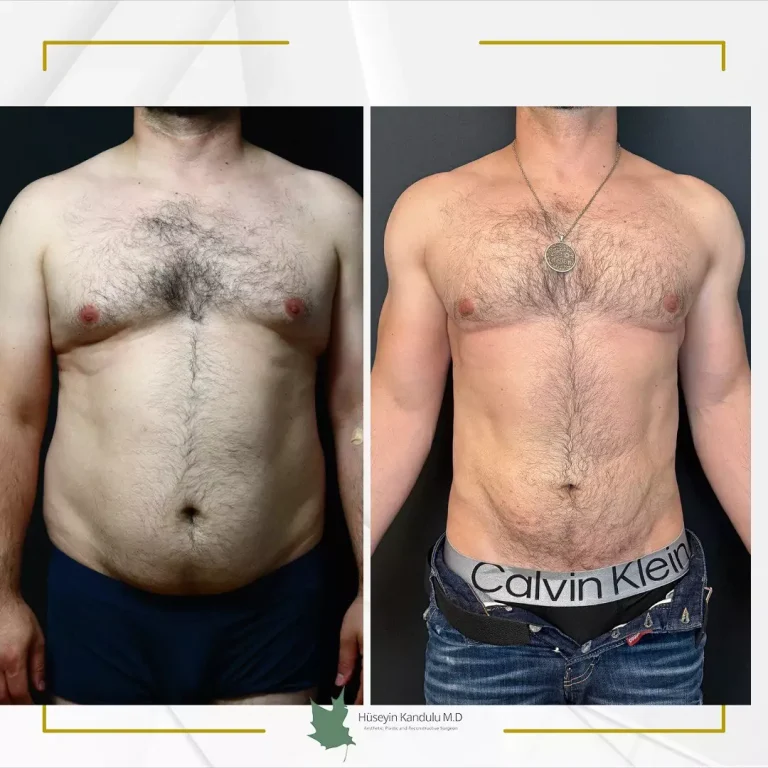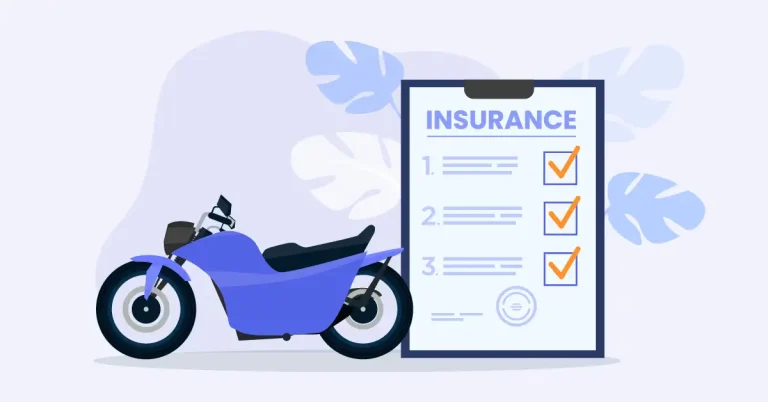Best Home Solar Power System vs. Off-Grid Storage: What’s Right for You?
Introduction
home solar power system vs off grid solar power storage Making a Choice for Best Patio Available for SaleBetween investing in the best On Grid solar power or having to store shingles, homeowners struggle with knowing their options. The end result is clean, renewable energy in both cases, of course, but the methods are different and serve different purposes. If you’re thinking about going solar, it’s important to know which one is right for your lifestyle and energy needs.
In this guide, we’ll outline how each system operates, as well as things you should consider when choosing between the two. We’re going to look at costs, benefits and real-world situations in which each system makes sense. This guide is designed in laymen’s terms to be easily understood that any one reading it can choose their own smart energy.
Understanding the Best Home Solar Power System
A home system solar power system often includes solar panels on the roof that convert sunlight into electricity. That electricity comes to a house, and typically it’s connected to a community grid. If you produce more power than you use, you can feed that power back into the grid.
It’s the perfect system for a person who still wants to be connected to the grid on days when it is rainy or at night, but would rather save money on energy usage. Many houses with this system can also qualify for government rebates that can make it more affordable in the long run.
How Off-Grid Solar Power Storage Works
An off-grid solar energy storage system is not tied to the local utility grid. Instead, it relies on solar panels and an energy storage battery to provide all the power a home requires. These systems are typically in remote regions where it is not cost-effective or even possible to hook up to the grid.
Off-grid systems are self-sufficient. They use the sun’s energy during the day, storing it in batteries for use at night or during cloudy conditions. Such systems are total freedom to operate but they do require a good level of knowledge about how much energy you require and how you use it.
Grid-tied vs. Off-grid systems—There are a few big differences. The perfect home solar power system scheme is one that uses the good on grid as backup; however the own off grid solar power storage depends on the sun and your batteries.
Here are five key points to remember:
- Grid-tied systems lower your power bill by using solar energy during the day.
- Off-grid systems need enough batteries to store power for nights and bad weather.
- On-grid systems may get government or utility rebates.
- Off-grid homes don’t get power from the grid and need backup systems for cloudy days.
- Grid-tied systems stop working during power outages unless you have a battery backup.
Understanding these differences helps you pick the system that’s right for your home and lifestyle.
Cost Considerations for Both Systems
The best home solar power system costs less to install than a complete off-grid solar system. This is because you do not have to have nearly as many batteries around, and you can also draw on the grid when the sun is not shining.
By comparison, off-grid solar power storage may be more expensive initially. You will need beefy batteries and backup generators, more panels to assure that you always have enough juice. But in the long run, they can save you money: Your electric bill is a thing of the past.
Energy Needs and Lifestyle
Unless they’re running all the time already: That could be why. But there’s still a lot that depends on your daily energy use. If you live in a city or suburb and have low usage, a grid-tied system may be ideal. It’s convenient, trusty and plays well with our home appliances.
If, on the other hand, you live well out of town and just like the idea of being 100 percent free from the grid, then off-grid is probably the way to go for you. It affords you total control, but you’ll have to be careful about your power usage—especially during winter or the rainy season when sunlight is scarcer.
Maintenance and Reliability
The best home solar power system is generally home maintenance free. Meanwhile, your power company can still provide electricity in the event of something going wrong, so you’re never without power for long. You can even add battery backup for additional peace of mind.
Off-grid solar power storage systems require greater upkeep. You need to monitor battery charge levels, keep everything clean and monitor your power use every day. If a system goes down and there is no backup, you may be without power until the problem is sorted out.
Environmental Impact and Energy Independence
Both systems also help your carbon footprint. A home solar power system that’s tied to the grid also consumes some of that fossil fuel–based energy, depending on how much power you pull from the grid.
An off-grid solar power storage system is operated based only on the energy you generate, therefore it is the greener choice. It also promotes energy independence. Your power won’t come from big power companies, and you’ll be completely in charge of your electricity.
Conclusion
Then, which one is the best for you: the best home solar power system or off-grid solar power storage? That depends on where you live, how much you are willing to spend, your energy requirements and how much control you want over power.
For those in search of an affordable, easy-to-maintain option, and have access to grid power, home solar might be the right fit for you. But if you want to be entirely self-reliant and are prepared to spend for storage and maintenance, an off-grid system can provide complete independence. Either way, it makes perfect sense to switch to solar for your pocket and the planet.






